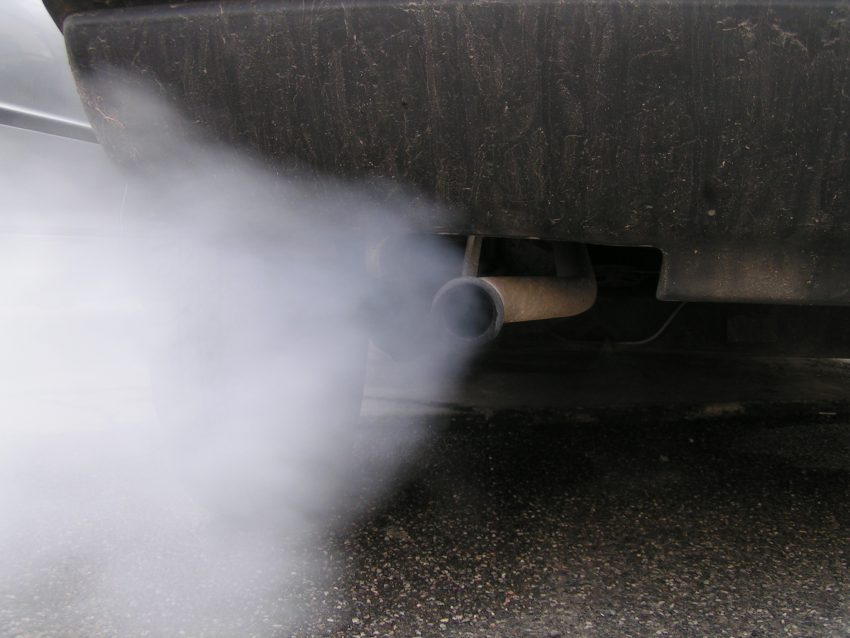A new global review that came out in The Lancet Planetary Health indicated that toxic air and polluted water and soil are serious threats to the environment and human health. Around nine million lives worldwide are lost each year and around 16% (or one in six) of premature deaths are directly caused by pollution.
The pollution death toll is higher than the number of deaths due to alcohol and drug misuse, HIV and AIDS, TB and malaria, and road traffic accidents. The figures have increased by approximately 7% from the previous review, and have jumped to 66% since the year 2000. Unplanned urbanisation, increasing population, and a lot of fossil fuel burning caused the numbers to climb.
Premature deaths due to pollution also impact the economy significantly at £3.7tn or $9 million per minute.
Although the review presented data collected from the Global Burden of Disease 2019 project, they still hold true today because pollution continues to be a major problem.
Who is affected the most?
Over 90% of the pollution-related premature deaths happened in countries like Nigeria and India – low and middle-income communities. EU member countries, the United States and other high-income countries have the means to prioritise and control anti-pollution efforts. This does not mean, though, that their pollution problems have been taken care of. Air pollution continues to be a significant threat in the UK.
What can be done?
Preventing pollution takes a lot of planning, effort, and hard work. It also requires knowledge, particularly on the part of the public. A large part of the UK population still needs to understand the impact of dirty air on their surroundings and health. As such, awareness is an essential factor. The Lancet Commission co-chair Richard Fuller voiced his concerns that pollution prevention continues to be neglected in the international development agenda.
The authors of the review acknowledged the efforts of organisations, governments, individuals, and intergovernmental bodies. Being aware of the impacts of pollution, though, is not enough to solve a global issue of a major magnitude. In recent years, the focus has been more on COVID-19 and climate change. However, human health, climate change, and pollution are linked to each other. If the goal is to mitigate climate change, one must first find ways to reduce or prevent pollution.
The authors further shared ideas and recommendations on how pollution can be tackled. One of these suggestions is to create a group that specifically deals with global pollution issues, similar to what the Intergovernmental Panel on Climate Change does.
The right funding, more organised planning, and consistent monitoring are also essential factors in the fight against pollution.
The Dieselgate scandal
The diesel emissions scandal that initially involved Volkswagen plays a vital role in the UK’s campaign against toxic air. More popularly known as the Dieselgate scandal, it started when the US Environmental Protection Agency and the California Air Resources Board found defeat devices in Volkswagen diesel vehicles sold throughout the US.
Defeat devices are designed to detect when a vehicle is being tested so they can automatically and artificially adjust emissions. The devices suppress emissions so they stay within the safe and legal level. When the vehicles are driven out in real-world road conditions, however, they revert to their default settings, emitting high levels of NOx or nitrogen oxides.
Nitrogen oxides of NOx are gases that are harmful to the environment and human health. It contains nitric oxide (NO) and nitrogen dioxide (NO2), which are responsible for the formation of acid rain and smog. It also contributes to the formation of bad ozone or ground-level ozone.
NOx has several effects on human health:
- Breathing problems
- Lung problems
- Asthma and aggravated asthma
- Respiratory issues
In severe cases, exposure to nitrogen oxides can lead to increased risks to cardiovascular disease, diabetes, chronic lung illness, and premature death.
Effects on affected car owners
The diesel emissions scandal started with Volkswagen and, not long after, other car manufacturers were also found to have used defeat devices in their diesel vehicles. Some of these car makers include Mercedes-Benz, BMW, Peugeot, Renault, and Alfa Romeo.
What these manufacturers did was mislead and lie to their customers. They marketed the vehicles as clean and environment-friendly when in reality, the cars are pollutants. As such, the car owners contributed to pollution instead of helping reduce it.
This is why environmental campaigners and lawyers have been encouraging drivers to file a Dieselgate compensation claim. This will give them compensation in exchange for the inconvenience and financial burden the experience has cost them. Filing for claims is also the best way to support the fight against air pollution.
How to file your claim
“How do I file my diesel claim?”
This must be the answer bogging your mind right now. While the claims process can be challenging and time-consuming, there is a way to make everything easier for you. All you have to do is hire a panel of emissions solicitors to help facilitate the process, including your requirements. The panel of solicitors at ClaimExperts.co.uk are regulated, highly trained, and have years of experience bringing claims to court and winning them. They’ll guide you every step of the way. Visit their website and see if you are eligible to claim now by clicking here – https://www.claimexperts.co.uk/mercedes-diesel-emissions-claims-dieselgate-compensation/

